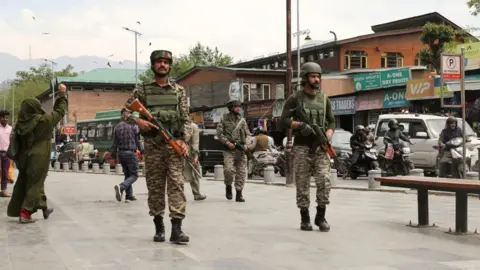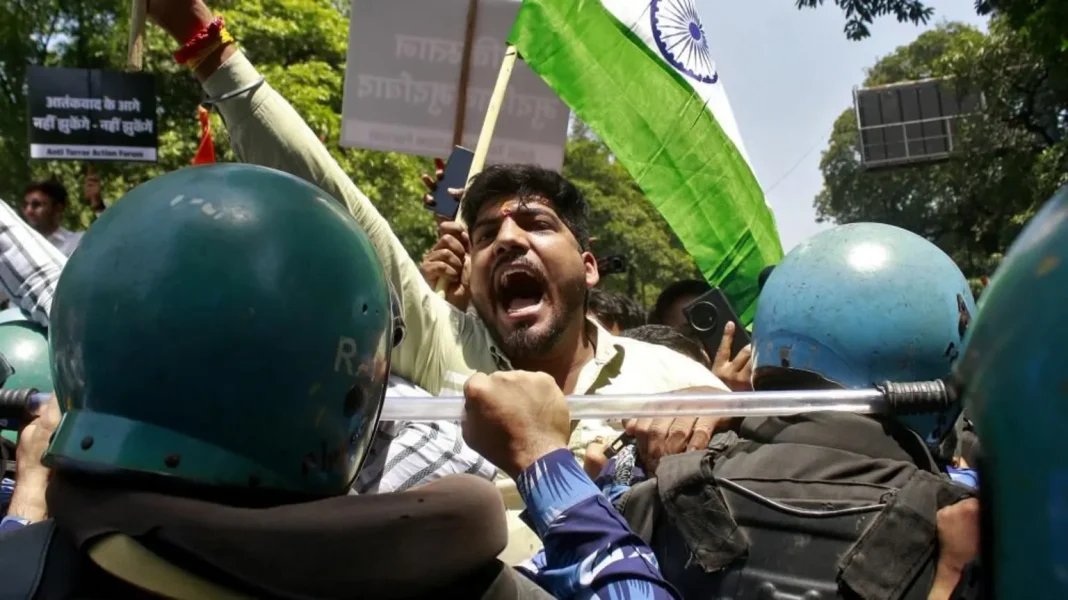Tensions between India and Pakistan have escalated sharply following a deadly militant attack in Indian-administered Kashmir that killed 26 people, including 25 Indian tourists. The attack, carried out in the Pahalgam area, was claimed by the militant group Kashmir Resistance, which is believed to be a front for Pakistan-based groups like Lashkar-e-Taiba. In response, both countries have taken a series of retaliatory measures, raising concerns of a potential military conflict.
India’s Response:
Diplomatic Measures: India expelled Pakistani diplomats and withdrew its military advisors from Islamabad. The Wagah-Attari border crossing, the only road link between the two countries, was closed. Additionally, India canceled all visas issued to Pakistani nationals under the SAARC Visa Exemption Scheme and suspended visa services for Pakistani citizens.
Suspension of the Indus Waters Treaty: India announced the immediate suspension of the 1960 Indus Waters Treaty, which governs the distribution of water from the Indus river system. The treaty allocates the western rivers (Indus, Jhelum, and Chenab) to Pakistan and the eastern rivers (Ravi, Beas, and Sutlej) to India. India cited Pakistan’s alleged support for cross-border terrorism as the reason for the suspension. Pakistan has warned that any interference with the treaty would be considered an act of war.
Pakistan’s Response:
- Diplomatic Measures: Pakistan expelled Indian diplomats and closed its airspace to Indian flights. The country also suspended all trade with India.
- Rejection of Allegations: Pakistan denied India’s accusations of involvement in the Kashmir attack, stating that the attack was a result of internal issues within India. Pakistan condemned all forms of terrorism but emphasized that the allegations against it were baseless.

International Reactions:
The international community has expressed concern over the escalating tensions. Countries including the United States, the United Kingdom, and China have called for restraint and dialogue between the two nuclear-armed neighbors. The United Nations and the European Union have also urged both sides to de-escalate the situation and avoid further violence.
Conclusion:
The situation remains volatile, with both India and Pakistan taking steps that could lead to further escalation. The suspension of the Indus Waters Treaty is particularly concerning, as it could have significant implications for water security in the region. The international community continues to monitor the situation closely, urging both countries to engage in dialogue to resolve their differences peacefully.

